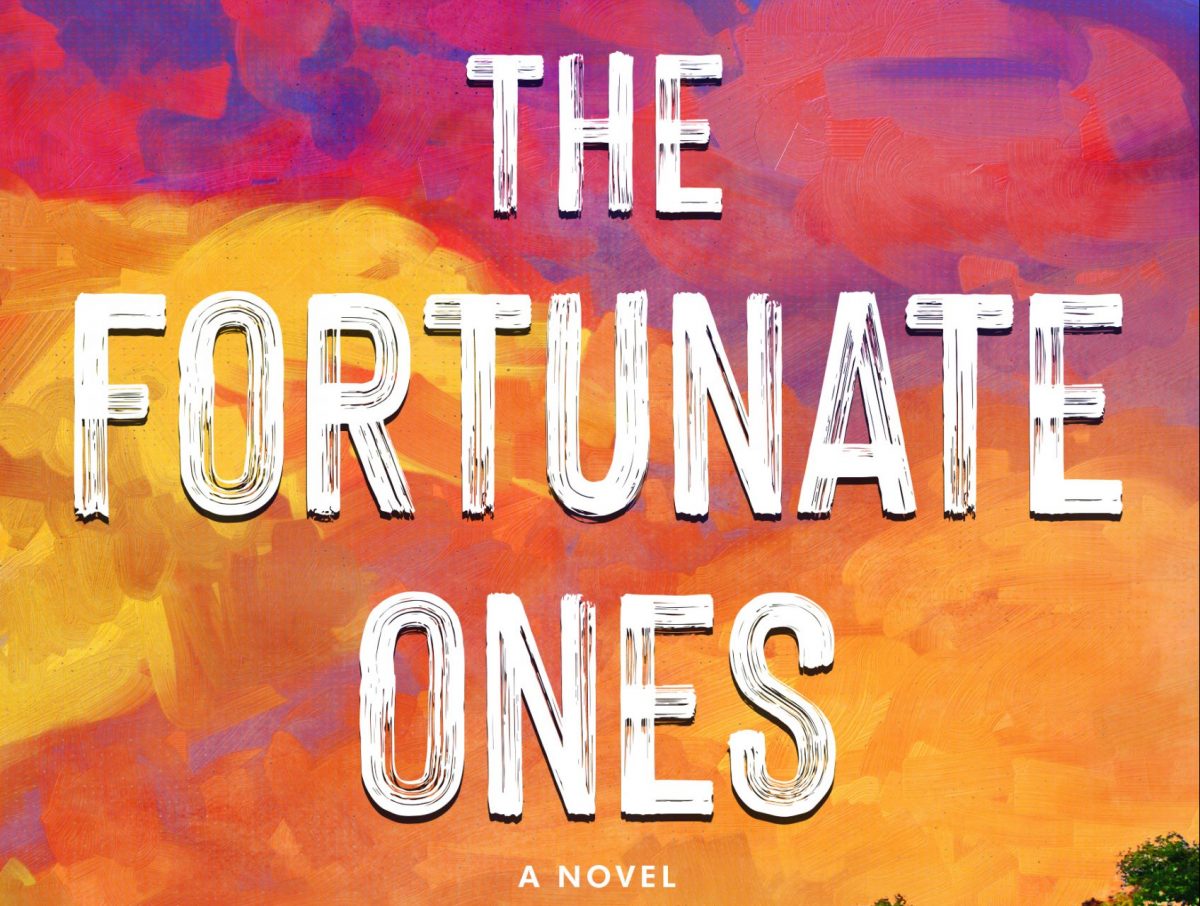From a distance, it’s easy to preach the horrors of wealth and the evil that is begotten when money is on the line. Indeed, avarice is marked as one of the greatest undesirable traits throughout history and literature. So why, then, do people keep going back to the finance well and embracing all the poison it has to offer? That’s the question that Ed Tarkington dives into in his sophomore novel, The Fortunate Ones (Algonquin, $26.95 hardcover, with the paperback due in October), for when a higher level of position, status, or society beckons, it’s all too easy to be swept along for the ride.

Billed as a more modernized version of The Great Gatsby, The Fortunate Ones follows a young Charlie Boykin as he and his mother move from the working-class projects of East Nashville into the glitz and glamour of the prestigious Yeatman School, which services the city’s wealthy elite. Charlie’s transition is eased from his assignment to a “big brother,” the seductive Arch Creigh. There’s also Jim Haltom — a new-money father figure that harkens back to Gatsby’s East vs. West Egg dynamics — his wife Cici, and their kids Vanessa and Jamie, who all round out Charlie’s ascent to the elite as he enmeshes himself within his new, privileged environment.

But rags to riches stories are never that simple. Misery and pressure abound among Nashville’s upper crust, with Charlie constantly fighting disillusionment, before the truth behind his relocation sparks a quick exit to Nashville. But his true battle always lies with Arch, the brother figure, friend, and perhaps something more, from whose orbit Charlie can never quite escape. The ensuing ride is a harrowing emotional journey for our narrator. When Arch beckons, he can’t resist. How much of himself is he willing to give away to keep the wealth and status that come from his new friends. Sometimes it’s easy to look away, but the abuse of power always comes with consequences.
